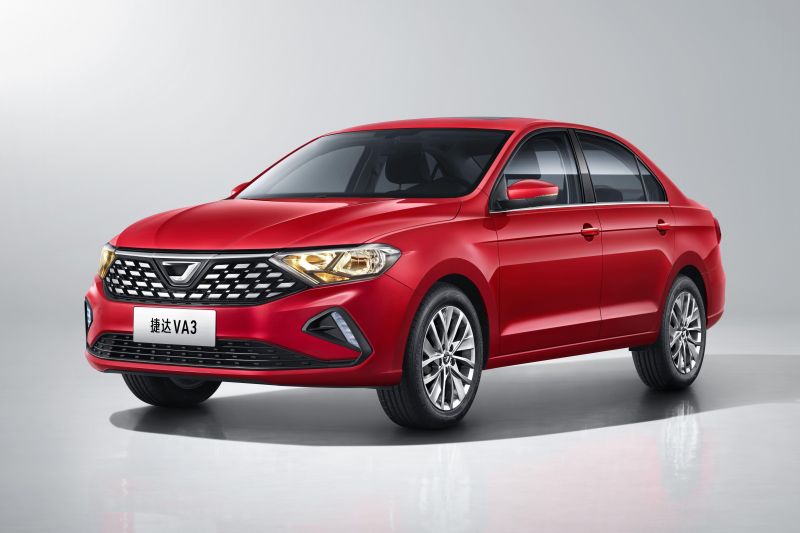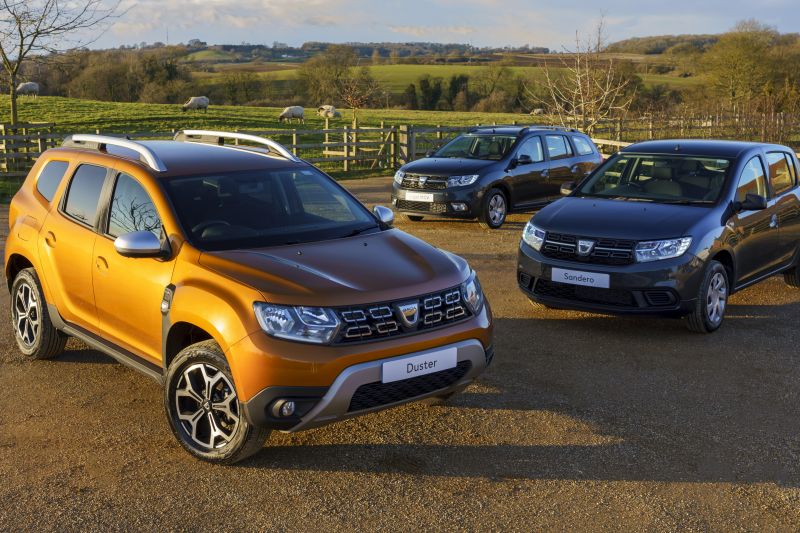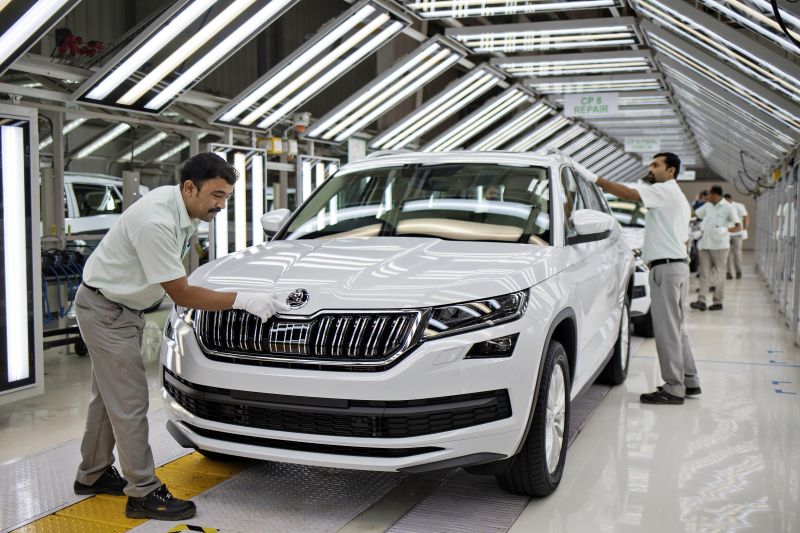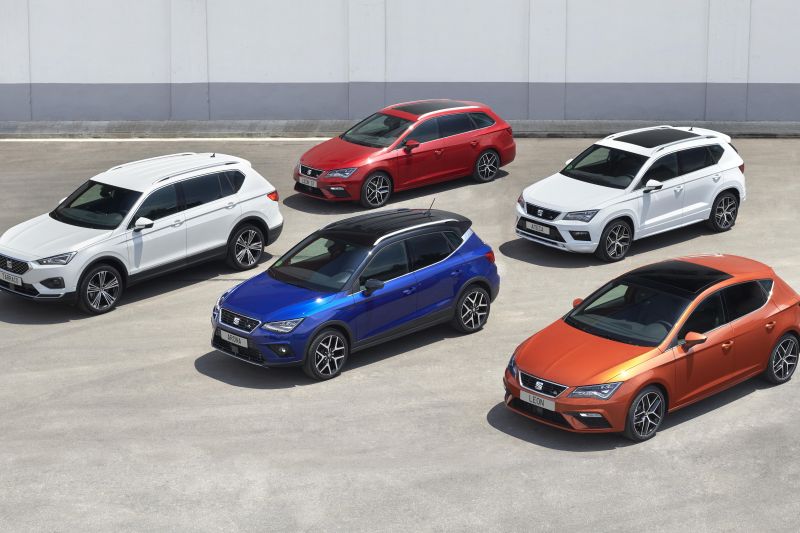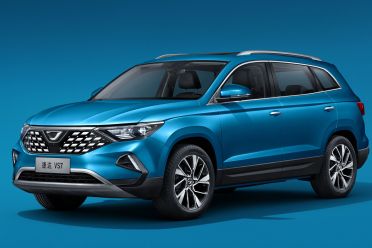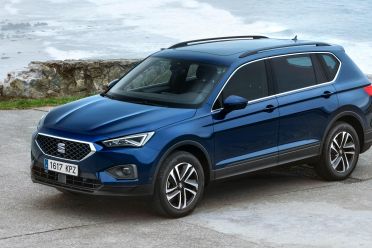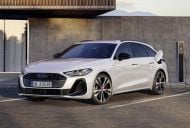Just when you thought the Volkswagen Group didn’t have enough brands in its portfolio, it went ahead and introduced another one for China. Now, the nascent Jetta brand’s success could lead to its introduction elsewhere.
Automotive News Europe reports the Volkswagen Group’s newest member has claimed around one per cent of the Chinese market after just eight months on sale.
Its president, Harald Mueller, told reporters, “The successful start has of course also sparked interest from other markets in the Volkswagen world.”
It’s unclear what markets Mueller is referring to.
Jetta currently sells three vehicles in the Chinese market. The VS5 and VS7 SUVs are rebadged versions of the Seat Ateca and Tarraco, respectively, while the VA3 sedan is built by the FAW-Volkswagen joint venture and uses the same platform as the Skoda Rapid.
The rise of a new budget brand owned by Volkswagen brings to mind the giant’s acquisition of Skoda back in the mid-1990s.
Though Skoda products are positioned as more value-for-money alternatives to their corporate cousins at the Volkswagen brand, the Czech brand’s image has improved markedly since its pre-Volkswagen years selling rear-engined economy cars.
Meanwhile, another Eastern European automaker acquired by a Western European giant – Renault’s Dacia brand – has made significant inroads in Eastern Europe and Western Europe, where its cheap and cheerful positioning appeals to price-sensitive buyers.
Last year, the Romanian brand had 3.68 per cent market share in Europe, while Skoda had 4.76 per cent. Both brands have steadily increased their market share over the years, though the Dacia brand isn’t sold in many markets outside of Europe and northern Africa. Elsewhere, its products wear Renault badges.
One market where Jetta is unlikely to be introduced is India, where the Volkswagen Group is aggressively pushing Skoda to reach five per cent market share by 2025.
Last year, the Czech brand had just under half a per cent market share in India, a car market that’s expected to become the world’s third-largest by 2026. Sales have been flat over the past few years but Reuters reports Skoda has an opening as tougher emissions standards are introduced, which may drive up the prices of lower-tech rivals.
To up its market share, Skoda will increase local content and design cars to local tastes.
Volkswagen is having a bet each way by pushing Skoda as its budget brand in India and Jetta in China, but a global expansion of the Jetta brand would arguably come more at the expense of Seat.
Volkswagen’s Spanish subsidiary has already seen its plans to enter the Chinese market put on ice. This, in turn, led to Seat losing the new electric micro car development program, which will now be led by the Volkswagen brand in Germany.
These two losses come after the brand lost its president, Luca de Meo, after five years at the helm.
While the Jetta brand’s offering of rebadged Seat products helps increase volume, it keeps the Spanish brand out of the huge Chinese market and sidelines it as more of a regional player.
Though its core business is in Europe, Seat does sell cars in numerous markets in Latin America, the Middle East, northern Africa and, as of 2017, just across the pond in New Zealand.
Skoda sells cars in most of the same markets as Seat, though it’s present in fewer Latin American countries where Seat’s Spanish background holds more cachet.


